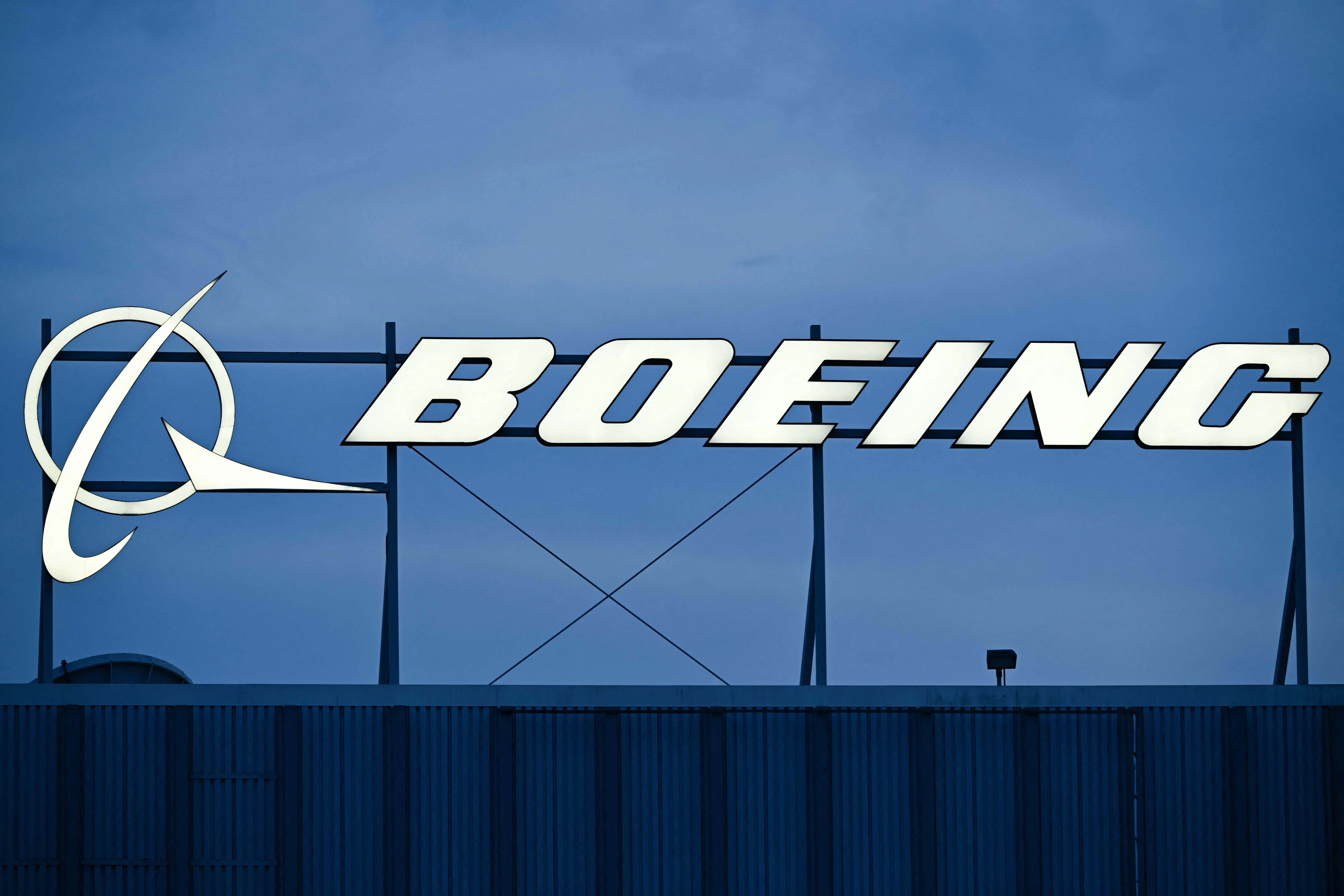SINGAPORE shares finished lower on Thursday (Feb 8), as investors assessed China’s falling consumer prices ahead of a half-day trading session for the eve of Chinese New Year.
The benchmark Straits Times Index (STI) slid 0.4 per cent or 13.24 points to 3,142.91.
Across the broader market, losers beat gainers 272 to 254, as 1.4 billion shares worth S$1.1 billion changed hands.
In China, the consumer price index fell 0.8 per cent year on year in January, steeper than the 0.5 per cent drop expected in a Reuters poll.
This fall is the fastest since the global financial crisis, piling pressure on the government to support a stumbling economic rebound that is roiling markets.
After the news, China’s CSI 300 ended 0.6 per cent higher. Hong Kong’s Hang Seng Index slid 1.3 per cent, largely dragged by Alibaba after it missed quarterly revenue expectations.
Despite Hong Kong’s slip, Kelvin Wong, Asia-Pacific senior market analyst at Oanda, noted that China and Hong Kong stock markets had rallied since China’s regulatory body introduced more forceful measures to clamp down on short-selling activities.
“The involvement of President Xi… has sent a potential signal to the markets that a stock market stabilisation fund is likely to be announced soon,” he said.
Other key indices in the region were largely up. Japan’s Nikkei 225 gained 2.1 per cent on comments that its central bank was unlikely to raise interest rates aggressively.
South Korea’s Kospi Composite Index rose 0.4 per cent, while the FTSE Bursa Malaysia Kuala Lumpur Composite Index edged down 0.1 per cent.
Back home, CapitaLand Ascendas Real Estate Investment Trust was the STI’s biggest loser, shedding 3.9 per cent or S$0.11 to S$2.70.
Leading the index was DFI Retail Group, which climbed 3.4 per cent or US$0.07 to US$2.10.
The trio of local banks were mixed. OCBC ended up 0.1 per cent or S$0.01 to S$12.98, while UOB fell 0.2 per cent or S$0.05 to S$28.22. DBS closed nearly flat at S$32.46.







